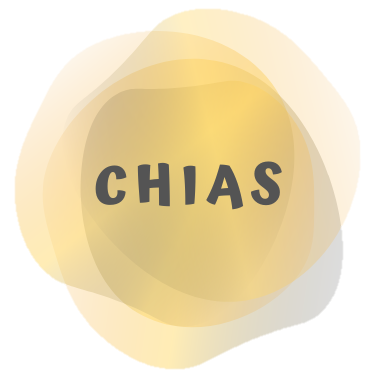Sustainable Welfare: Rethinking the roles of Family, Market and State (SUSTAINWELL)
SUSTAINWELL addresses the long-term socio-economic impact of population ageing on European society.
SUSTAINWELL aims will be to identify:
SUSTAINWELL addresses the long-term socio-economic impact of population ageing on European society.
SUSTAINWELL aims will be to identify:

Das interdisziplinäre Projekt CHIAS “Cognitive Health In Aging Society” (Die kognitive Gesundheit einer alternden Gesellschaft) trägt zu neuen Erkenntnissen auf dem Gebiet des gesunden geistigen Alterns bei.
The decade following the aftermath of the 2008 recession and the ongoing Covid19 pandemic are exacerbating the inequality across socioeconomic groups not just in respect to income and wealth but also in respect to health and longevity. The aim of this project is to provide a unified framework for studying and mitigating the economic and demographic consequences of increasing inequality in European countries. To do so, the RIWAG project pursues several important objectives:
Im Laufe der Lebensspanne erleben wir signifikante Lebensereignisse, die entweder positiv (z.B. Heirat, Geburt eines Kindes) oder negativ (z.B. Krankheiten, Verluste) sein können. Obwohl signifikante Lebensereignisse einen großen Einfluss auf unser Leben und Wohlbefinden haben, sind Untersuchungen des Erlebens und Umgangs mit signifikanten Lebensereignissen über die Lebensspanne hinweg noch nicht ausreichend vorhanden.
Dieses Projekt widmet sich der Untersuchung der Alltagshandlung Zeitunglesen sowohl im digitalen als auch im analogen Kontext, indem intergenerationelle 2er-Teams – bestehend aus Studierenden und SteirerInnen 60+ – zusammenarbeiten. Diese Teams diskutieren und beschreiben im Anschluss den Prozess des analogen Lesens und vergleichen diesen mit den Lese-Erfahrungen von Apps und E-Papers. Daraus entstehen sogenannte „Digital Stories“, die die Teams gemeinsam erarbeiten. In den „Digital Stories“ wird zudem beleuchtet, welche Leseverhalten vorherrschen und welches Wissen bzw.
Das Projekt "Who Cares? Alter(n) und Pflege gemeinsam neu denken: Interdisziplinäre Altersforschung am Standort Steiermark" setzt sich zum Ziel, Alter(n) und Pflege am Standort Steiermark neu zu denken. Es fördert die interdisziplinäre Zusammenarbeit von ExpertInnen aus unterschiedlichen Fachgebieten (Geistes-, Sozial- und Kulturwissenschaften, Kunst, Medizin, Technik), die sich aus verschiedenen Blickwinkeln mit dem Thema Altern und Pflege beschäftigen.
Die Studie untersucht, wie sich die COVID-19 Krise auf das Konsumverhalten von ICTs, kurz für "Information Communication Technologies", in unserer Gesellschaft auswirkt und die Leben alter und junger Personen beeinflusst. Es besteht die Annahme, dass durch die Isolation vermehrt auf soziale Medien und Technologien zurückgegriffen wurde um mit Arbeit, Freundeskreis und in vielen Fällen auch Hilfsgruppen und DienstleisterInnen in Kontakt zu bleiben.
From the 1960s to the 1980s a common wisdom about differences between males and females in health and mortality emerged which was summarised by the well-known phrase "women are sicker, but men die quicker". Recently this wisdom has been increasingly questioned. Nevertheless, the general idea of a paradoxical relationship between health and mortality among women and men persists until today.
Better health is central to human happiness and wellbeing. It also contributes substantially to economic progress, as healthy populations live longer and are more productive. Accordingly, the EU defined the improvement of health as a fundamental element of its “Europe 2020” strategy. The corresponding public health policies are assessed on the basis of a structural indicator for “Health Expectancy” (HE). Unfortunately, HE estimates are extremely sensitive to certain methodological issues of which many are widely ignored.